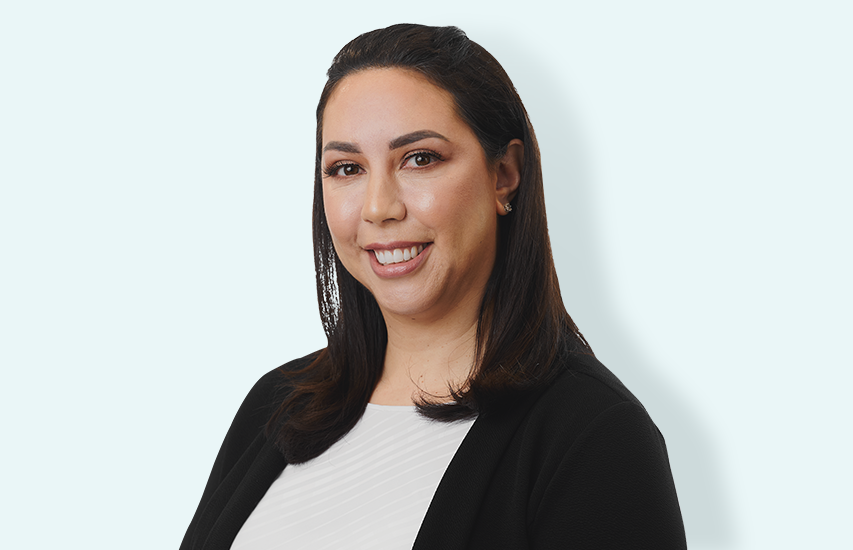Enduring powers of attorney
How many people should you name as attorneys?
In previous articles in Trust eSpeaking, we have explained why it is important to have an enduring power of attorney (EPA) and the problems that can be created if you do not have one when the need arises. You should have two EPAs – one for property, and the other for personal care and welfare.
In your EPA, you should also take care to name appropriate people as your attorneys. Ideally you should name two people to manage your property, which also includes your finances and investments.
Property EPA
If your property EPA only names one person to act for you there can be risks. Naming two people who act together (known as your ‘attorneys’)[1] should mean there are some checks and balances. A property attorney’s job is to look after your money and property, not to benefit personally from an involvement in your affairs. Unfortunately, some attorneys forget this and need someone to remind them.
An example of the problems that can arise from naming a single attorney is the 2015 Vernon case[2].
A son, who was the sole attorney named in his father’s EPA, made personal use of most of his father’s money. When his father died, there was nothing left for other members of the family to inherit. The court decided the son had misused his authority as the sole attorney and ordered him to repay the money he had used for his own benefit – but only after long and expensive court proceedings.
Too many cooks?
Naming two attorneys in your property EPA can provide some important safeguards. Naming more than two can be problematic – too many cooks perhaps?! Sometimes it is tempting to avoid family rivalries by naming all of your children as attorneys; this can be impractical. Usually the attorneys must all act unanimously and having more than two attorneys can be very difficult if they do not work well together or some of them live some distance away. Often it is a case of two is company but three is a crowd.
Must attorneys’ decisions be unanimous?
Your EPA can state whether the attorneys must all act unanimously or the EPA can allow any one of the attorneys to act alone. The legal terms are ‘joint’ attorneys and ‘several’ attorneys. The law allows two or more people to be appointed as attorneys (either jointly or severally). Acting ‘severally’ means each attorney can take action without involving the other attorney/s.
Allowing any one of the attorneys to make decisions alone can also be risky. The attorneys may impede each other or act at cross-purposes. Except in rare circumstances, it is usually best to require the attorneys to act together (jointly).
To make that workable, there really should be two, or at most three, attorneys.
Personal care and welfare EPA
The position is different with an EPA for personal care and welfare; only one person can act at a time in respect of personal care and welfare.
It is also important to remember that the property attorneys, and the personal care and welfare attorney, must be able to work together. Sometimes different attorneys are named in an effort to be fair and to ensure everyone in the family is involved. While you want to keep peace within the family, it is also important to ensure that you have attorneys who can easily collaborate together.
Substitute attorneys
The law also allows you to name a substitute who can step in if the first attorney is no longer willing or not able to act. Both EPAs for property and EPAs for personal care and welfare can name a substitute or a series of substitutes. This can avoid the situation where your EPA is ineffective because the named attorney has died, is too ill, or is out of the country and is difficult to contact.
Review your EPA now
If you do not already have an EPA for both property and health and welfare, it is important that you get this organised. If you already have EPAs, it may be a good time to check you have named the right people – and the right number of people.
Above all, it is important to consider the risk of naming a single family member who may, with the best of intentions, fail to realise that what they are doing is wrong. Having a second person to work with is always helpful.
[1] An ‘attorney’ appointed by an EPA does not need to be a lawyer. An attorney is a person who can speak for you and act on your behalf.
[2]Public Trust v Vernon [2015] NZHC 1928; Vernon v Public Trust [2016] NZCA 388.
Disclaimer: All the information published in Trust eSpeaking articles is true and accurate to the best of the author’s knowledge. It should not be substituted for legal advice. No liability is assumed by the authors or publisher for losses suffered by any person or organisation relying directly or indirectly on this newsletter. Views expressed are the views of the authors individually and do not necessarily reflect the view of this firm. Articles appearing in Trust eSpeaking may be reproduced with prior approval from the editor and credit being given to the source.
Content Copyright © NZ LAW Limited, 2020. Editor Adrienne Olsen, e. adrienne@adroite.co.nz m. 029 286 3650




